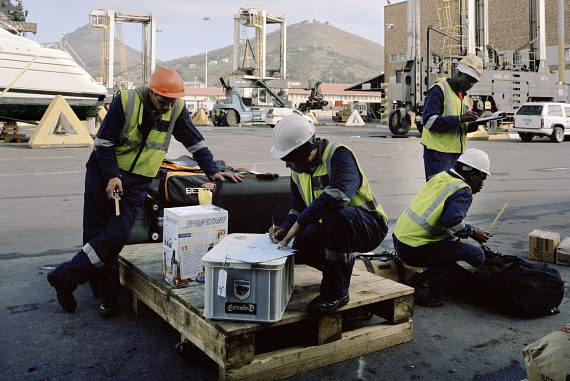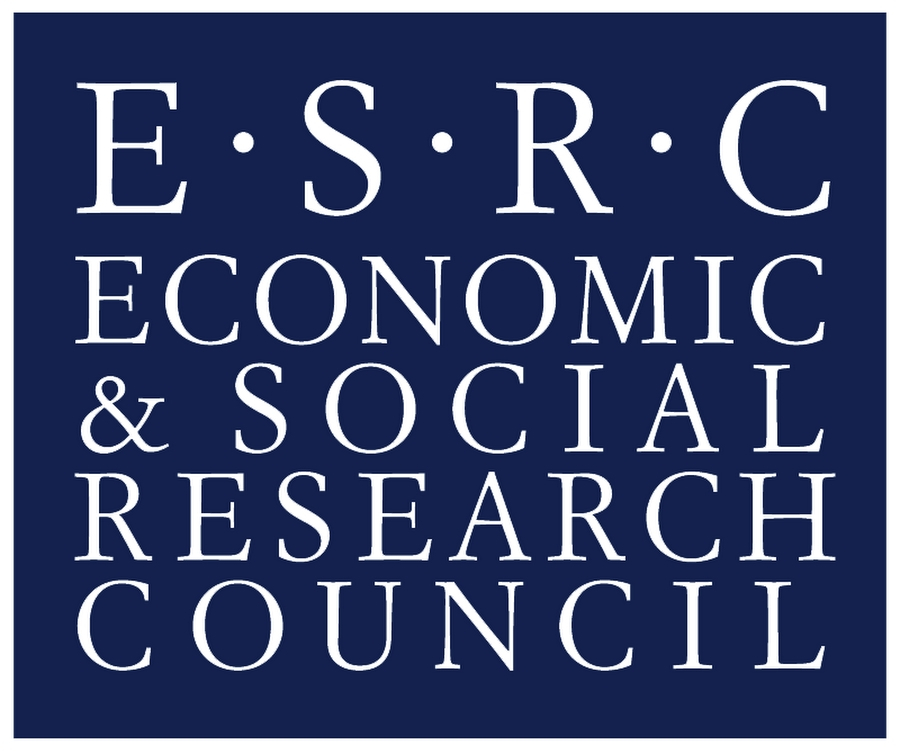
The Republic of South Africa – both among Africa’s richest and most unequal economies – is facing a triple socio-economic challenge:
The challenge, Morné Oosthuizen argues in a new GPID Country Note, consists of widespread unemployment, mixed success in reducing poverty rates, and a ‘stubbornly high’ degree of wage inequality. The common cause for this economic hydra? There is a blatant lack of productive employment opportunities for much of the population.
While there is no clear consensus about the recent poverty trend in South Africa and some evidence to suggest it has been on a downwards trajectory, inequality, in contrast, has unequivocally remained a persistent problem since the Republic’s independence. A dysfunctional job market is at the core of the inequality problem: including those who are not actively looking for work, around a third of working-age South Africans are currently unemployed and the number is rising.
Has structural change improved the situation? Quite on the contrary. The form it has taken in South Africa, Oosthuizen finds, structural transformation has exacerbated economic inequalities ‘by depressing both job creation and wages at the lower end of the skills distribution and ramping up labour demand at the upper end’. This, together with the weakness of the South African manufacturing sector, excludes large parts of the population from economic participation and thus reinforces existing patterns of power and wealth.
So, where could inclusive growth come from? The South African government has pursued a variety of policy programmes, from extending services for marginalised groups to providing a stable macroeconomic environment. Yet, if the government fails at the most pressing task – a reduction of inequality via job creation – the country ‘is potentially headed for turbulent times’, the GPID Country Note warns.
Related readings:
| GPID Country Note 4 | Morné Oosthuizen | Poverty and Inequality in South Africa |
Morné Oosthuizen is Deputy Director of the Development Policy Research Unit at the University of Cape Town. His research interests include intergenerational transfers, poverty, inequality, and labour markets.

